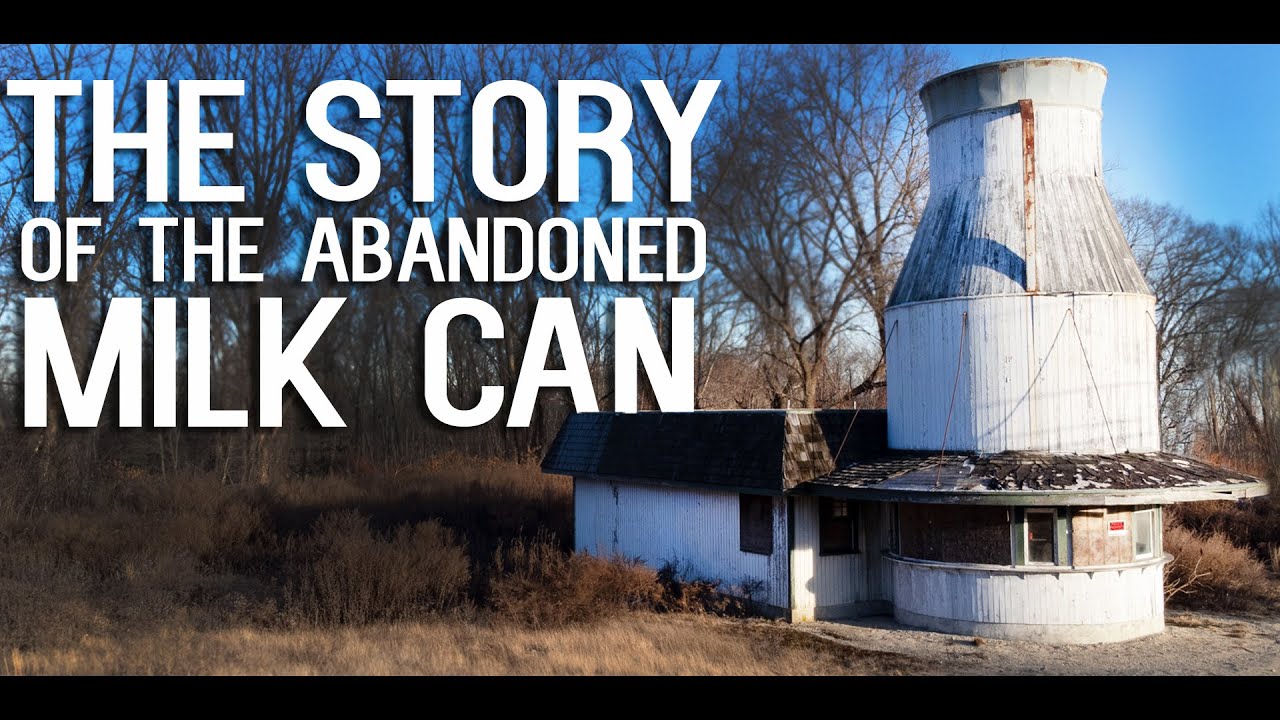Understanding Recycling Regulations in Rhode Island
Rhode Island, like many other states, has implemented recycling regulations to minimize waste and protect the environment. These regulations aim to encourage residents and businesses to recycle their waste, including milk cartons. Recycling regulations in Rhode Island are designed to ensure that materials are properly sorted, collected, and processed. It is essential for residents to understand these regulations to contribute to a more sustainable future.
Rhode Island’s Approach to Milk Carton Recycling
Rhode Island has taken a proactive approach to milk carton recycling. Milk cartons, which are commonly made of paperboard and lined with a thin layer of plastic, fall under the category of paper and cardboard recycling. This means that they can be recycled along with other paper products such as newspapers and cardboard boxes.
Steps to Recycle Milk Cartons in Rhode Island
Recycling milk cartons in Rhode Island is a straightforward process. Residents can start by emptying and rinsing the cartons to remove any remaining liquids or food residue. This step is crucial to prevent contamination of other recyclable materials. Once the cartons are clean, they can be placed in the recycling bin alongside other paper and cardboard products.
Sorting Milk Cartons for Recycling in Rhode Island
When it comes to sorting milk cartons for recycling in Rhode Island, there is no need for residents to separate them from other paper and cardboard products. Rhode Island’s recycling facilities have the technology to sort different types of materials, including milk cartons. Therefore, residents can place milk cartons in the same recycling bin as other paper and cardboard items without any additional sorting.
Collection Methods for Milk Cartons in Rhode Island
Milk cartons are typically collected through curbside recycling programs in Rhode Island. Residents place their recycling bins by the curb on designated collection days, and recycling trucks pick up the materials. These trucks transport the collected recyclables to recycling facilities where they are processed and prepared for reuse.
Rhode Island’s Recycling Facilities for Milk Cartons
Rhode Island has several recycling facilities equipped to handle milk cartons. These facilities utilize advanced technology to sort and process recyclable materials efficiently. Once milk cartons and other paper and cardboard products are collected, they are transported to these facilities. At the recycling facilities, the milk cartons are separated from other materials, processed, and transformed into new products.
Recycling Milk Cartons: Rhode Island’s Environmental Impact
Recycling milk cartons in Rhode Island has a positive environmental impact. By recycling these cartons, valuable resources are conserved, and energy is saved. The paperboard and plastic lining of milk cartons can be recycled and turned into new products such as paper, cardboard, and even building materials. Recycling also helps reduce the amount of waste sent to landfills, mitigating the environmental consequences of excessive waste disposal.
Benefits of Recycling Milk Cartons in Rhode Island
Recycling milk cartons in Rhode Island offers several benefits. Firstly, it conserves natural resources by reducing the need for virgin materials in the production of paperboard and plastic. Secondly, it reduces greenhouse gas emissions that result from the manufacturing of new materials. Lastly, recycling milk cartons helps create a circular economy, where materials are reused and recycled, reducing the strain on the environment.
Challenges in Recycling Milk Cartons: Rhode Island’s Perspective
While Rhode Island has made significant strides in milk carton recycling, there are still challenges to overcome. One challenge is increasing public awareness and education about the recyclability of milk cartons. Many residents may still be unaware that milk cartons can be recycled, leading to unnecessary waste. Another challenge is ensuring proper rinsing of milk cartons, as any residual liquids can contaminate other recyclable materials. Addressing these challenges requires collaboration between recycling facilities, local communities, and educational institutions.
Rhode Island’s Initiatives for Increased Milk Carton Recycling
Rhode Island recognizes the importance of increasing milk carton recycling rates and has implemented various initiatives to achieve this goal. These initiatives include educational campaigns to raise awareness among residents and businesses about the recyclability of milk cartons. Additionally, Rhode Island encourages municipalities to provide convenient and accessible recycling options for residents, making it easier for them to participate in recycling programs.
Conclusion: The Future of Milk Carton Recycling in Rhode Island
The future of milk carton recycling in Rhode Island looks promising. The state’s commitment to sustainable waste management and its initiatives to increase milk carton recycling rates are positive steps towards a more environmentally friendly future. Rhode Island’s recycling facilities, along with public participation and awareness, play a crucial role in ensuring the success of milk carton recycling efforts. By continuing to educate residents, improve collection methods, and invest in recycling infrastructure, Rhode Island can further reduce waste and promote a more sustainable society.





